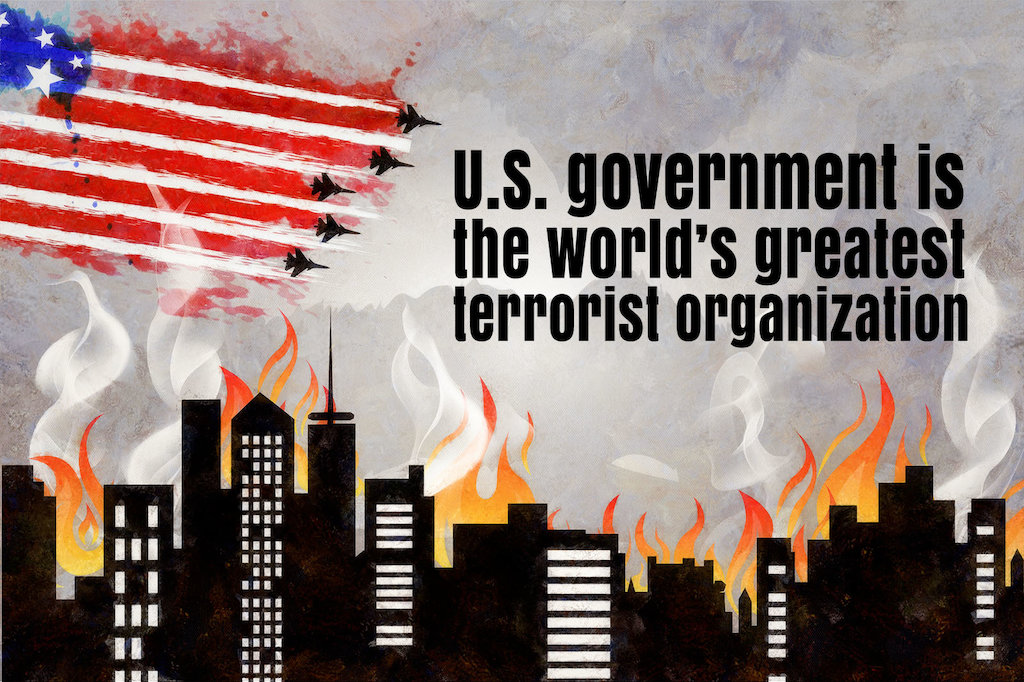Terrorism is a form of violence that is intended to intimidate and instill fear in people for political, religious, or ideological reasons. It is a global phenomenon that has become increasingly prevalent over the past few decades, causing significant harm and disruption to societies worldwide. While there is no single factor that causes terrorism, there are several key factors that contribute to its emergence and spread. In this essay, we will explore these factors and their impact on the phenomenon of terrorism. One of the primary factors that contribute to terrorism is the political and social conditions in a given region. Political oppression, economic inequality, and social injustice can create an environment in which individuals or groups feel disenfranchised and marginalized. This feeling of exclusion and frustration can lead to radicalization and the use of violence as a means of expressing political or social grievances. For example, in many parts of the world, including the Middle East, poverty, political corruption, and limited access to education and economic opportunities have contributed to the rise of extremist groups such as Al-Qaeda and ISIS. Another important factor in the emergence of terrorism is the spread of extremist ideologies. Radical religious, political, or ideological beliefs can provide a framework for justifying violence and terrorism as a legitimate means of achieving goals. This is particularly true for groups that hold extreme views, such as religious fundamentalists, white supremacists, and anti-government militias. Such groups often propagate their beliefs through social media, propaganda, and other means of communication, which can lead to the radicalization of individuals who share their views. The third factor that contributes to terrorism is the availability of weapons and funding. Terrorist groups require resources to carry out attacks, including weapons, explosives, and funding for training and operations. These resources can come from a variety of sources, including state sponsors, criminal networks, and sympathizers. The ease with which weapons and funding can be obtained has facilitated the growth and spread of terrorist groups worldwide, allowing them to carry out attacks on a larger scale and with greater frequency. Finally, the role of external factors cannot be ignored when discussing terrorism. Global events such as wars, conflicts, and political instability can provide opportunities for terrorist groups to exploit. For example, the war in Syria has created a power vacuum that has been filled by extremist groups such as ISIS, which has carried out attacks not only in the region but also in other parts of the world. Additionally, foreign policy decisions made by Western countries can also contribute to the growth of terrorist groups, as seen in the case of the US-led invasion of Iraq, which led to the emergence of Al-Qaeda in Iraq. In conclusion, terrorism is a complex phenomenon that is shaped by a variety of factors. Political, economic, social, and ideological conditions, the availability of weapons and funding, and global events all contribute to its emergence and spread. Addressing these underlying factors requires a comprehensive approach that involves not only military and security measures but also efforts to address the root causes of terrorism, such as poverty, inequality, and political oppression. Only by addressing these factors can we hope to create a safer and more peaceful world for all
Global climate change, also known as global warming, refers to the long-term increase in the Earth's average surface temperature due to human activities such as burning fossil fuels and deforestation. The Intergovernmental Panel on Climate Change (IPCC), a United Nations body composed of thousands of scientists, has warned that human activities are causing global temperatures to rise at an unprecedented rate, with serious consequences for the planet and its inhabitants. Effects of Climate Change: Rising temperatures: Global temperatures have already risen by around 1 degree Celsius since pre-industrial times, and they are projected to continue rising at an alarming rate. This can lead to heat waves, droughts, and wildfires, which can have devastating effects on ecosystems and human health. Melting ice: As temperatures rise, ice in the Arctic and Antarctic is melting at an accelerated rate, leading to rising sea levels. This can cause flooding in coastal areas, displace...

Comments
Post a Comment